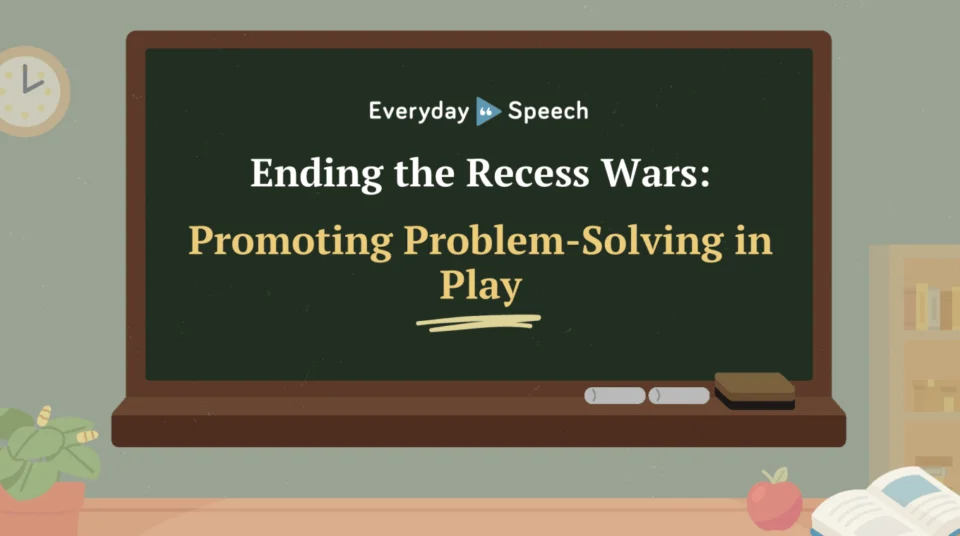Addressing the Impact of Spreading Rumors in Middle School
Get free social skills materials
No-prep lessons on self-regulation, emotional recognition, conversation skills, and more.
Sign up hereIntroduction
Rumors can have a significant impact on the lives of middle school students. Spreading rumors means saying things about people that aren’t true and can hurt their feelings or damage their reputation. In this blog post, we will explore an activity that requires no preparation or materials from the educator, designed to teach students the consequences of spreading rumors and the importance of keeping unverified thoughts to themselves. This activity will help students develop better communication skills and promote positive relationships among peers.
No-Prep Activity: The Rumor Mill
Objective: To help students understand the impact of spreading rumors on relationships and the importance of not sharing unverified information.
Instructions:
- Divide students into small groups of 4-5. In each group, designate one student as the “Rumor Starter.”
- Ask the Rumor Starter to come up with a fictional rumor about a made-up person. The rumor should be something that might happen in a middle school setting, but it should not be about a real person.
- Have the Rumor Starter whisper the rumor to the person next to them. The rumor should then be passed around the group, with each student whispering it to the next person.
- Once the rumor has made its way back to the Rumor Starter, ask them to share the original rumor and the final version they received. Discuss how the rumor changed as it was passed along and the potential consequences if it were about a real person.
- As a class, discuss the feelings and reactions that might arise from hearing or spreading a rumor. Encourage students to reflect on whether they would want to be part of spreading rumors or if they would prefer to keep unverified thoughts to themselves.
Discussion Questions
- How did the rumor change as it was passed along in your group? Were there any surprising changes?
- How do you think the person the rumor was about would feel if they found out? How would you feel if you were in their position?
- What are some ways to handle hearing a rumor about someone? How can you determine if it’s true or not before sharing it with others?
- Why is it important to consider the consequences of spreading rumors before sharing unverified information?
- How can we create a more supportive and respectful environment in our school, where rumors aren’t spread?
Related Skills
Teaching students about the impact of spreading rumors is just one aspect of fostering healthy communication and relationships. Other related skills include:
- Active listening
- Empathy and understanding
- Assertiveness
- Conflict resolution
- Respecting privacy
Next Steps
Helping students understand the impact of spreading rumors is essential for promoting positive relationships in middle school. To further develop these skills and others, we encourage you to sign up for free samples of our Social-Emotional Learning materials. These resources will provide you with additional tools and activities to support your students’ growth in this area and beyond.

